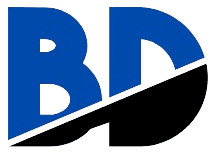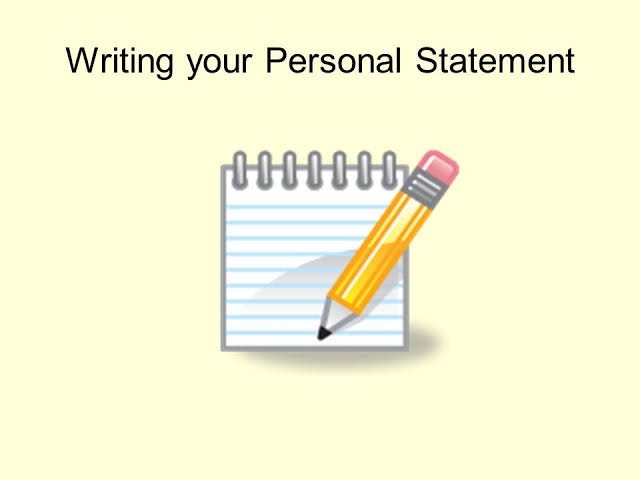When it comes to applying for jobs, internships, or academic programs, your personal statement is often the first impression you make. It’s your chance to showcase your personality, skills, and aspirations. However, crafting a compelling personal statement requires careful consideration. To help you navigate this crucial aspect of your application, let’s explore some do’s and don’ts like My PA Resource, a site dedicated to aiding pre-PA students with personal statement editing, exclusively in English. Located in the U.S., it features certified physician assistant editors with over 10 years of experience.
Do: Begin with a Strong Introduction
The opening of your personal statement sets the tone for the rest of the document. Start with a captivating hook that grabs the reader’s attention and makes them want to learn more about you. Whether it’s a thought-provoking question, an anecdote, or a powerful statement, your introduction should pique curiosity and set you apart from other applicants.
Don’t: Use Clichés or Generic Statements
Avoid clichés and generic statements that fail to showcase your uniqueness. Phrases like “I have always been passionate about…” or “Ever since I was a child, I knew I wanted to…” are overused and uninspiring. Instead, focus on specific experiences, skills, or qualities that make you stand out. Research the organization or institution you’re applying to and tailor your personal statement accordingly. Highlight how your values, goals, and experiences align with their mission and objectives. Demonstrating your understanding of the organization’s culture and requirements shows that you’re genuinely interested and invested in the opportunity.
Don’t: Include Irrelevant Information
While it’s essential to showcase your strengths and achievements, avoid including irrelevant details that don’t contribute to your application. Stick to the most relevant experiences and skills that demonstrate your suitability for the position or program. Remember, quality is more important than quantity. Support your claims with specific examples and achievements that illustrate your skills and qualities. Whether it’s a successful project you led, a problem you solved, or a challenge you overcame, concrete examples add credibility to your personal statement and help the reader understand your capabilities better.
Don’t: Exaggerate or Fabricate
Honesty is paramount in your personal statement. Avoid exaggerating your accomplishments or fabricating experiences to make yourself appear more impressive. Not only is dishonesty unethical, but it can also be easily detected during the selection process and damage your credibility. Seek feedback from trusted individuals, such as teachers, mentors, or peers, throughout the writing process. Constructive criticism can help you identify areas for improvement, refine your ideas, and ensure that your statement effectively communicates your message.
Do: Showcase Your Growth and Learning
Highlight moments of growth, learning, and development throughout your personal statement. Reflect on challenges you’ve faced, lessons you’ve learned, and how they’ve shaped you into the person you are today. Demonstrating self-awareness and a willingness to learn makes you a more attractive candidate.
Don’t: Focus Solely on Achievements
While it’s essential to highlight your achievements, don’t make them the sole focus of your personal statement. Admissions committees and hiring managers are also interested in your character, values, and potential for growth. Balance your discussion of accomplishments with insights into your personality and aspirations.
Do: Proofread and Edit Carefully
Before submitting your personal statement, proofread it carefully for grammatical errors, typos, and inconsistencies. Consider seeking feedback from peers, mentors, or professional editors to ensure clarity and coherence. A polished and error-free personal statement reflects your attention to detail and professionalism.
Don’t: Submit Without Reviewing
Never submit your personal statement without thoroughly reviewing it. Rushing through the editing process or neglecting to review your statement can result in embarrassing mistakes that detract from your credibility. Take the time to review and refine your personal statement until it accurately represents you and your goals.
Conclusion
Crafting a compelling personal statement requires thoughtful reflection, attention to detail, and a genuine expression of who you are. By following these do’s and don’ts, you can create a personal statement that effectively communicates your strengths, experiences, and aspirations, increasing your chances of success in your applications. Remember, your personal statement is your opportunity to shine, so make it count! Finally, don’t underestimate the importance of your personal statement. While it’s just one Brook B Taube component of your application, it can significantly impact the impression you make on admissions committees or employers. Approach the task with diligence, creativity, and authenticity to maximize your chances of success.












